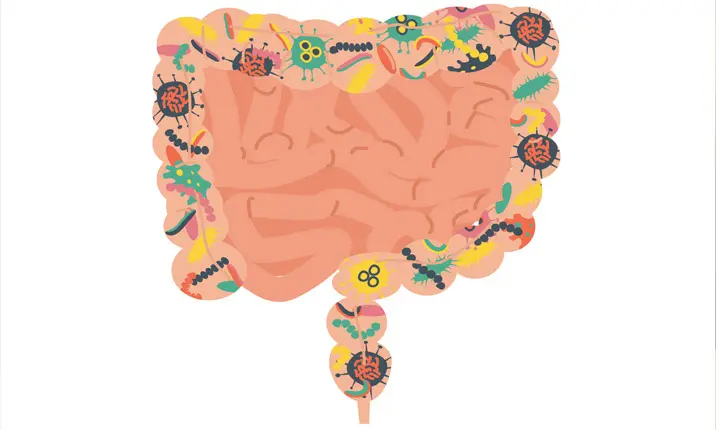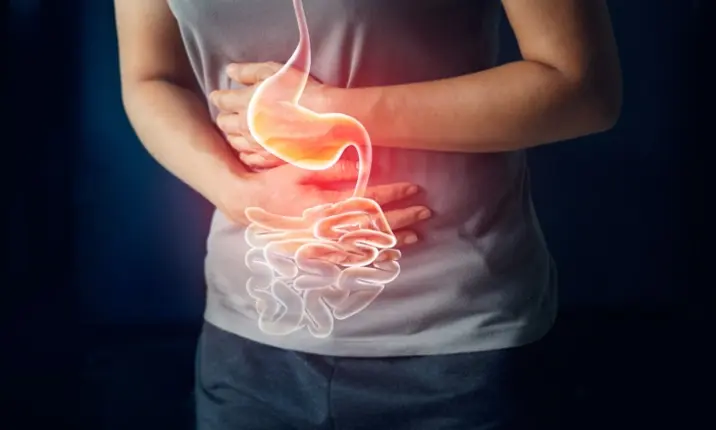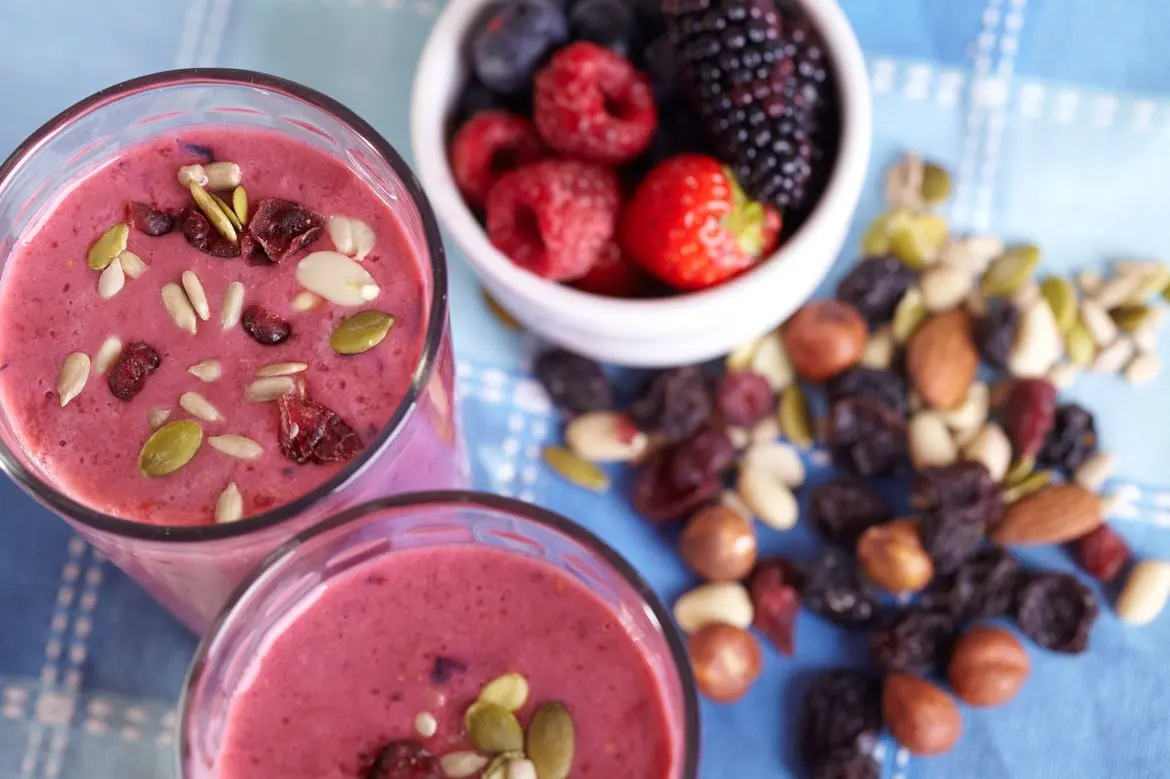What are gut bacteria?
Bacteria are single-celled organisms known as microbes, like viruses or fungi. There are around 10 times more bacteria in your body than human cells, but don't worry – some of them are actually good for you.
The combination of microbes in your body is called your microbiome or microbiota, and it is unique to you. While bacteria can be found everywhere in your body such as your skin, most of them are found in your gut and scientists believe it plays an important role in your health.
Sometimes known as gut flora or gut microflora, Proteobacteria and Actinobacteria are dominant in infants while Firmicutes and Bacteroidetes are dominant in adults, comprising up to 90% of gut microbiota.
While there is a wide range of bacterium, some of these are better known for their health benefits such as Lactobacillus and Bifidobacterium bifidum while others are known for causing illness such Helicobacter, Salmonella and E. coli
What does gut bacteria do?
The bacteria in your digestive system have several roles to play in the way your body functions. Some of them:
- Synthesise essential nutrients, including vitamin K, vitamin B12 and biotin
- Develop and regulate your immune system
- Support the development of gastrointestinal health
- Research suggests that the overall balance of bacteria in your digestive system has an impact on your health and your susceptibility to a range of diseases and conditions.
How does gut bacteria affect my appetite?
Hormones are produced by your body that control whether you feel hungry or full.
For example, leptin helps to suppress appetite in the brain, while peptide YY acts to reduce food intake. On the other hand, ghrelin is the hunger-stimulating hormone, which works on a cycle, rising before meals and dropping after meals.
In some studies, certain chain reactions caused by gut bacteria have been shown to affect the production of these hormones and therefore control your appetite.
Some species of gut bacteria produce short-chain fatty acids such as propionate when they break down fibre, which might affect signals that suppress appetite.
What are some other health impacts of gut bacteria?
Preliminary research shows that some gut bacteria could have a significant impact on a number of diseases, or may hold the key to improving the wellbeing of people with many conditions, including:
- Crohn's disease
- Ulcerative colitis
- Insulin resistance
- Colon cancer
Gut bacteria and disease
The gut flora can influence many aspects of your health. An imbalance of healthy and unhealthy gut flora, also known as gut dysbiosis, can affect your body's ability to digest foods, metabolise nutrients, and can also increase your risks of chronic conditions. These include:
Metabolic conditions
Gut bacteria help to regulate how your body digests food, the calories and nutrients you absorb. The food choices we make, and the unique combination of certain gut flora in our body, may result in weight gain, leading into other chronic conditions like Type 2 diabetes, heart disease and obesity.
Inflammatory conditions
Low levels of certain gut bacteria, especially those that are responsible for reducing inflammation, are linked to inflammatory conditions like Crohn's disease, ulcerative colitis and arthritis. However, it's unclear why this occurs.
Colon cancer
People with colon cancer are found to have higher levels of disease-causing bacteria. It could be linked to higher intake of processed food, and lower consumption of fruits and vegetables that manipulates the proportion of good and bad bacteria in the body.
Disorders of the central nervous system
The gut has nerve endings that connect with the brain. Doctors call it the 'gut-brain axis', where there is a link between gut bacteria and disorders such as anxiety, depression and autism spectrum disorder.
What should I eat to increase good bacteria in my gut?
The following foods contain good bacteria or support the growth of good bacteria in your gut:
- Cultured and fermented food and drink such as tempeh, which is a fermented soybean cake, kombucha, sauerkraut, kimchi, miso and yoghurt
- Foods that are high in prebiotic fibre such as legumes, oats, bananas and onions
- Whole grains such as whole wheat, quinoa, brown rice and whole oats
- Green tea
- Fruits and vegetables
Probiotic supplements are another way to improve your gut health, because they are live bacteria that help to replace or enhance your system. They are often recommended after you take a course of antibiotics, which deplete your resources. Your doctor or a dietitian will be able to advise if you should take a probiotic supplement and/or food sources.
What else can I do for my gut?
The best thing you can do to maintain a healthy gut and a healthy weight is to live a healthy lifestyle. Besides eating a balanced diet with a wide variety of fruits and vegetables, you should exercise regularly, quit smoking, manage stress and get enough sleep. It's also important to avoid unnecessary courses of antibiotics, and to take a probiotic if your doctor thinks it is needed. All of these things will benefit your overall health, and leave you with a happy gut full of good bacteria.
















